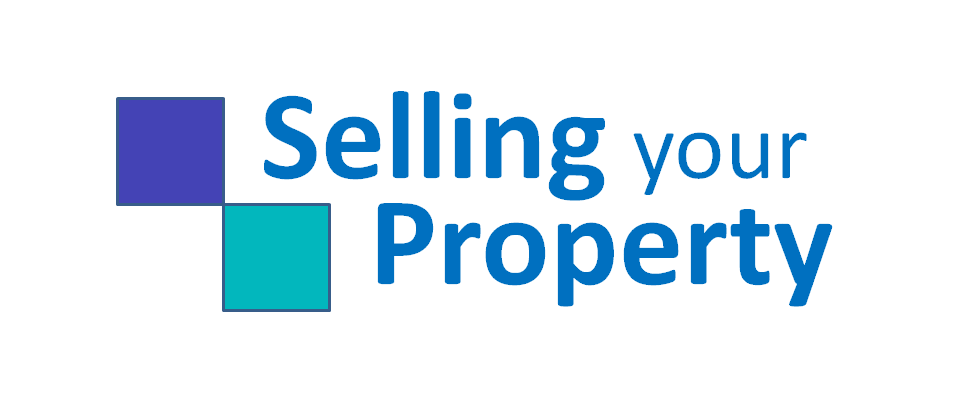You may be able to buy another property…
 When you’re thinking of buying property, whether it’s an investment or a new home to live, you should always speak to a lender or mortgage broker first. They’ll assess your income and current liabilities to determine your borrowing power which, in turn, will determine the types and prices of property you can afford to buy.
When you’re thinking of buying property, whether it’s an investment or a new home to live, you should always speak to a lender or mortgage broker first. They’ll assess your income and current liabilities to determine your borrowing power which, in turn, will determine the types and prices of property you can afford to buy.
Borrowing power is a formula
Your borrowing power is, essentially, your ability to borrow more funds. A person with a great deal in assets and very little debts will have a greater borrowing power than a person in the opposite situation.
Nearly every bank, finance lender or mortgage broker works off the same formula to determine an individual’s (or couple’s) borrowing power.
Gross income – tax – existing commitments – new commitments – living expenses – buffer = monthly surplus
Even though the formula to work out your borrowing power is the same, there are differences in how some lenders will assess your financial situation.
Calculating gross income
There are a number of income sources your bank will assess, including:
- Base income: That’s your salary, before taxes, overtime, bonuses or commission.
- Overtime: Some banks will accept 100 percent of your overtime as part of your income if you can show it’s regular and ongoing, while others will only accept 50 percent of overtime for assessment purposes.
- Bonuses: These are irregular and not usually accepted, unless you can provide proof of at least two year’s worth of consistent bonuses.
- Commission: Some lenders will accept commissions, if you can show that its been consistent for the last two years.
- Tax-free income: Family Tax Benefits A & B are normally accepted if your children are under 11 years of age. Other tax-free income is assessed on a case-by-case basis.
- Investment income: Income from an investment property, business or dividends is accepted as a form of income. In the case of investment properties, lenders will use 80 percent of the rent as income, to allow for property maintenance costs, etc.
Existing commitments
Banks take a number of financial commitments into consideration when assessing your borrowing power, including:
- Existing mortgage: Some lenders will use your existing mortgage repayments in their assessment, but others may use a higher assessment rate.
- Credit cards: Nearly every bank or lender will assess your credit cards as being full drawn, even if they’re not. They will then use between 2 and 3 percent of the credit limit as the monthly repayment in their assessment.
- Personal loans: Here, lenders will use the actual loan repayments in their assessment, because interest rates are usually fixed.
- Living rent free: Even if you’re living rent free with your parents, lenders will still allow, at least, $150 per week for rent expenses, in case you have to move out.
New commitments
This refers to your new mortgage. Lenders will calculate your mortgage repayments at a higher assessment rate — usually 1 to 3 percent above the actual interest rate — to allow for interest rate rises.
If you’re an investor, the assessment rate is even higher, due to a tightening of rules by the Australian Prudential Regulation Authority (APRA).
Where interest rates are 4.5 percent per annum, for example, it’s not uncommon for a lender to assess your mortgage rate at 7.5 percent per annum or higher.
Living expenses
Even if you can produce records to show your living expenses are relatively low, banks and lenders still refer to the Household Expenditure Measure (HEM), determined by the Australian Bureau of Statistics to calculate your living expenses.
Under the HEM, a high expense is used for the first adult and child in the household, with a lower expense assigned to each additional adult and child.
If you’re applying for a mortgage without your spouse, the lender will include your spouse’s living expenses in their assessment to ensure you can still support your family and service the loan.
The buffer
This is an indiscriminate amount that lenders will add in to your assessment to ensure you can service your loan, even despite assessing you at a higher than usual interest rate. The amount varies lender to lender.
Your surplus
Sometimes your surplus, which is the figure that determines your borrowing power, is expressed in a monthly or annual dollar figure, and other times it’s expressed as a ratio. In most cases, your surplus will be display in one of two ways:
- Net surplus ratio (NSR): There’s another formula involved in working this out, but most lenders will require you to have a minimum NSR of 1:1:00.
- Uncommitted monthly income (UMI): This is your monthly surplus, expressed in a dollar figure.
Your borrowing power goes a long way toward getting a loan approved, however lenders will still look at other factors before approving your loan, such as your credit score, savings and your loan value ratio (LVR), which is the amount of money you’re borrowing represented as a percentage of the value of the property. The LVR is used to determine the risk of the loan, and whether you will need to have lenders mortgage insurance.
Want more info about how to unleash your equity?

Continue reading our blog to learn more about the property market, or download our free ebook about selling property.
Disclaimer: Please note that all information contained in this blog is purely general and should be regarded as advice only. We recommend that you always seek professional advice before making property decisions.
As seen in..
Our educational blogs are designed to help you understand each of the steps involved in selling your property so whether you choose to work with a real estate agent or do it yourself you'll understand the work involved and be more efficient and aware of what you need to do. Our articles have been seen in these major online news and information portals..

Get genuine and objective information about what's important when selling your property - whether through an agent or by yourself.
Built by 123ezy


